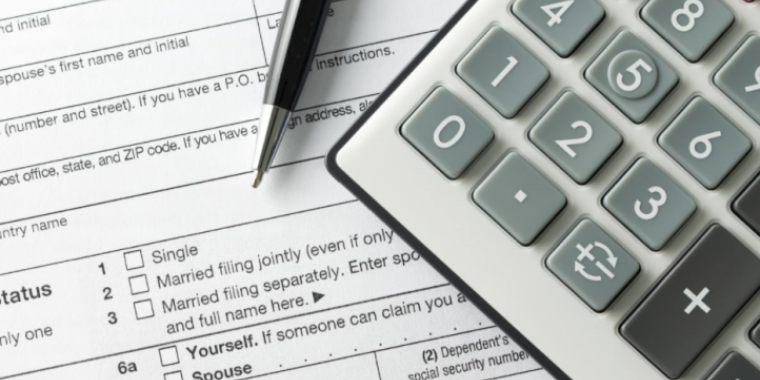
Tax Season: Beware of Scams
Senator Patty Ritchie
February 21, 2020
-
ISSUE:
- Income Taxes
- Scams

It is that time of year again—tax season. Just as we have to be sure to file before “Tax Day” on Wednesday, April 15th, we also have to be cautious of those who are looking to fraud us via tax season scams.
In the City of Watertown, police are already reporting a number of instances where people have received suspicious phone calls from those who are portraying themselves to be representatives of the Internal Revenue Service (IRS) or the Social Security Administration (SSA). In other cases, these scammers are also posing as law enforcement, trying to do whatever it takes to get a quick buck.
According to the Treasury Inspector General for Tax Administration, phone scams—one of the most prevalent types of tax season scams—have cost victims over $72 million since October of 2013. While unfortunately there is no shortage of people looking to take advantage of others during tax season, there are ways you can protect yourself:
- If you receive a call—or an email—from someone saying they are a member of law enforcement, or a representative of the IRS or SSA requesting immediate payments by cash, gift cards, wire transfers or pre-paid debit cards, do NOT provide any personal information;
- Calls, like those mentioned above, should be reported to local authorities, or to the Social Security Administration by visiting www.oig.ssa.gov;
- Do not believe caller ID. These days, technology makes it easy for scammers to fake a caller ID.
- If you are filing your taxes online, be sure to use a password-protected Wi-Fi connection. You should also use long and complex passwords for any accounts you are using during the process of filing your taxes; and
- Never click on emailed links from someone claiming to be a tax service, or from someone saying they represent the IRS. These links can lead you to websites that might look official—but are not. From there, scammers will attempt to steal your banking information.
These are just a few of the ways you can protect yourself—and your money—during tax season. For more tips, and to sign up for free “scam alerts” from the Federal Trade Commission, visit www.consumer.ftc.gov/scam-alerts. Doing so will ensure you get the latest tips and advice about costly fraud emailed directly to your inbox.



